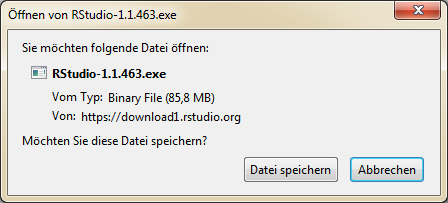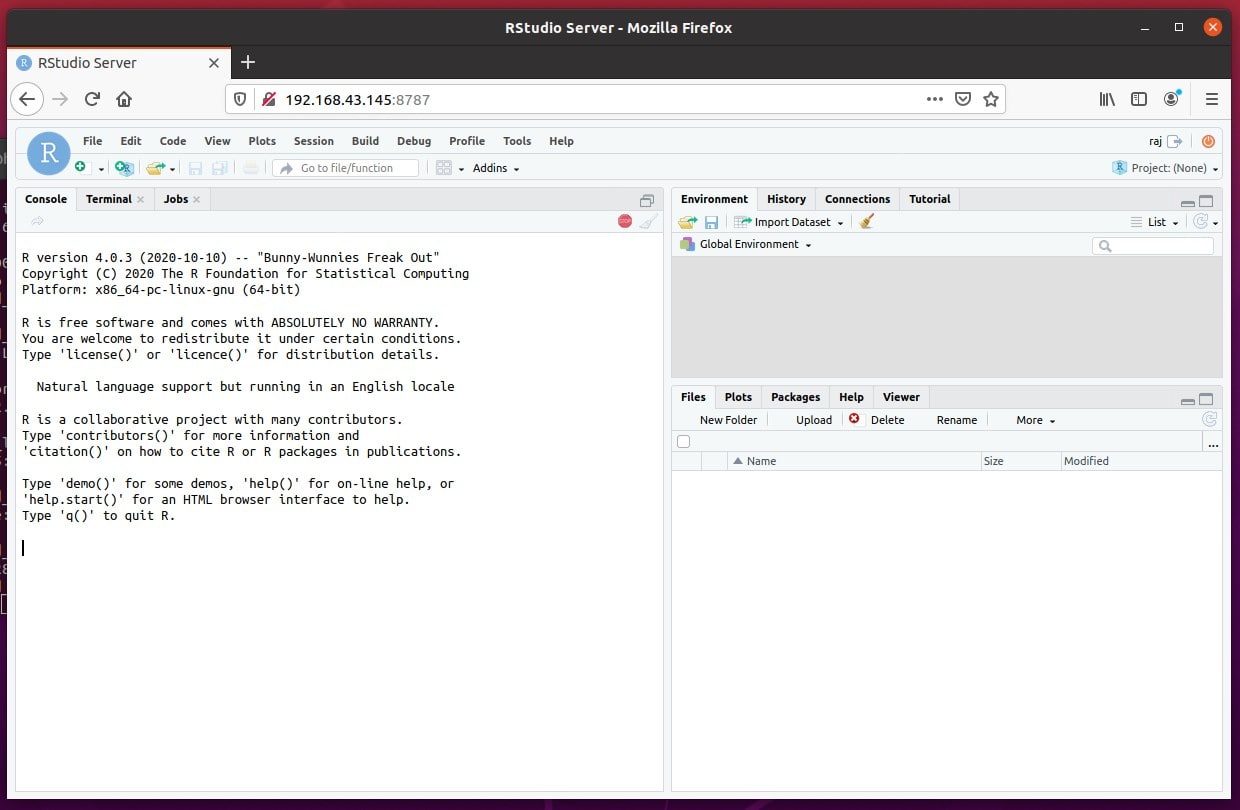

To switch from one project to another, either restart R or, even better, use an IDE with proper support for projects, where each project gets its own R process (i.e.To power-cycle the current analysis, restart R! See above.This line is meant to reset things, either to power-cycle the current analysis or to switch from one project to another. This is highly suggestive of a non-reproducible workflow. It’s fairly common to see data analysis scripts that begin with this object-nuking command: rm(list = ls()) In RStudio, set this via Tools > Global Options. When you launch, do not reload the workspace from an. When you quit R, do not save the workspace to an. Just save it! Always start R with a blank slate When working with R, save your commands in a.
#Rstudio source on save code
They are important because they provide constant pressure for you to do the right thing: save the source code needed to create all important artifacts of your analysis. Rdata and restarting R often are not intrinsically important or morally superior behaviours. Saving code – not workspaces – is incredibly important because it is an absolute requirement for reproducibility. These recommendations make useful objects readily available for use in other scripts or documents, with the additional assurance that they can be regenerated on-demand. This is in contrast to storing them implicitly or explicitly, as part of an entire workspace, or saving them via the mouse. This is guaranteed to lead to heartache.Įverything that really matters should be achieved through code that you save.Īll important objects or figures should be explicitly saved to file, in a granular way. This fear is worth designing away, because attachment to your workspace indicates you have a non-reproducible workflow. it holds precious objects and you aren’t 100% sure you can reproduce them. Why might this be unappealing? This sounds terrible if your workspace is a pet, i.e. Any individual R process and the associated workspace is disposable. I recommend you cultivate a workflow in which you treat R processes (a.k.a. At the end of an R session, you can save an image of the current workspace that is automatically reloaded the next time R is started. It includes any libraries you have loaded using library(), any user-defined objects (e.g. Put more trust in your script than in your memory, and don’t save your workspace.Your workspace in R is the current working environment. But I that should be a deliberate choice, worthy of its own save() and load() calls, and certainly not something one does with simple stuff that can be reproduced a the blink of an eye. And yes, every time a computation takes too much time to reproduce, one should write it to a file to load every time. When using any modern computer system, we rely on saved information and saved state all the time. Storing a data frame in the workspace can seem comforting, but what happens the day I overwrite it by mistake? Don’t save your workspace. What should one do instead? One should source the script often, ideally from freshly minted R sessions, to make sure to always be working with a script that runs and does what it’s supposed to.


I don’t know about your old selves, dear reader, but if they are anything like mine, don’t save your workspace. You end up having to put an inordinate trust in your old self.
#Rstudio source on save full
Loading a saved workspace turns your R script from a program, where everything happens logically according to the plan that is the code, to something akin to a cardboard box taken down from the attic, full of assorted pages and notebooks that may or may not be what they seem to be. But you don’t want that, so don’t save your workspace. When you re-open R from that working directory, the workspace will be loaded, and all these things will be available to you again. Saving your workspace creates an image of your current variables and functions, and saves them to a file called ”.RData”. When you exit an R session, you’re faced with the question of whether or not to save your workspace. To everyone learning R: Don’t save your workspace.


 0 kommentar(er)
0 kommentar(er)
